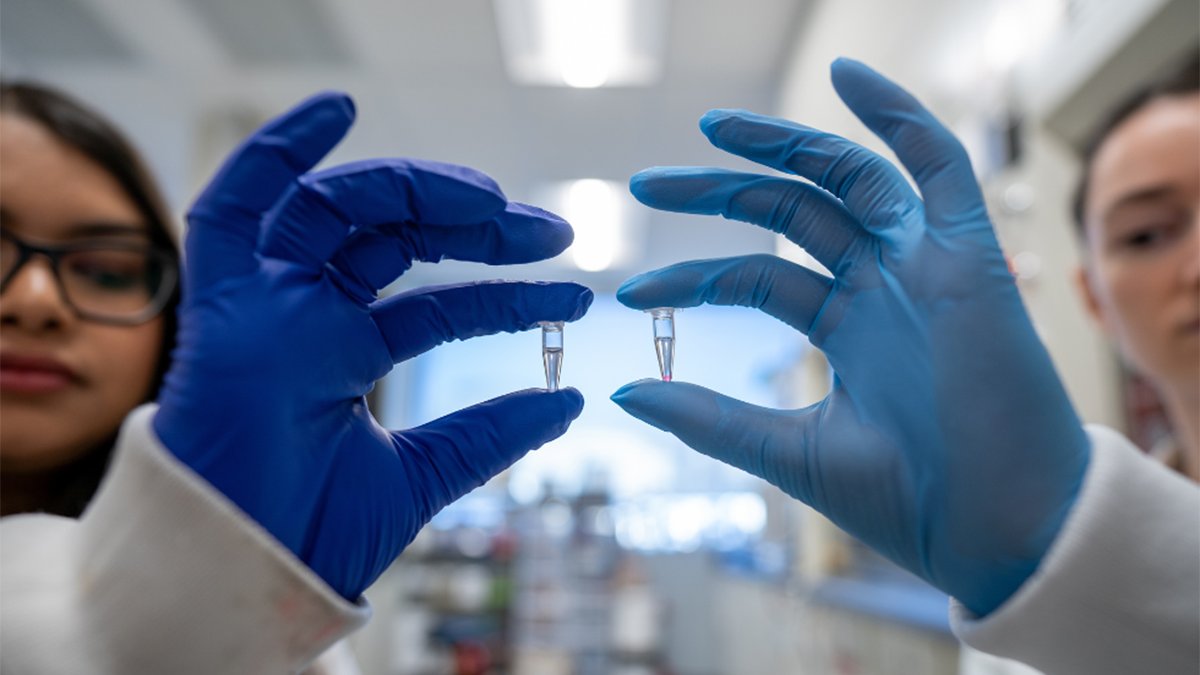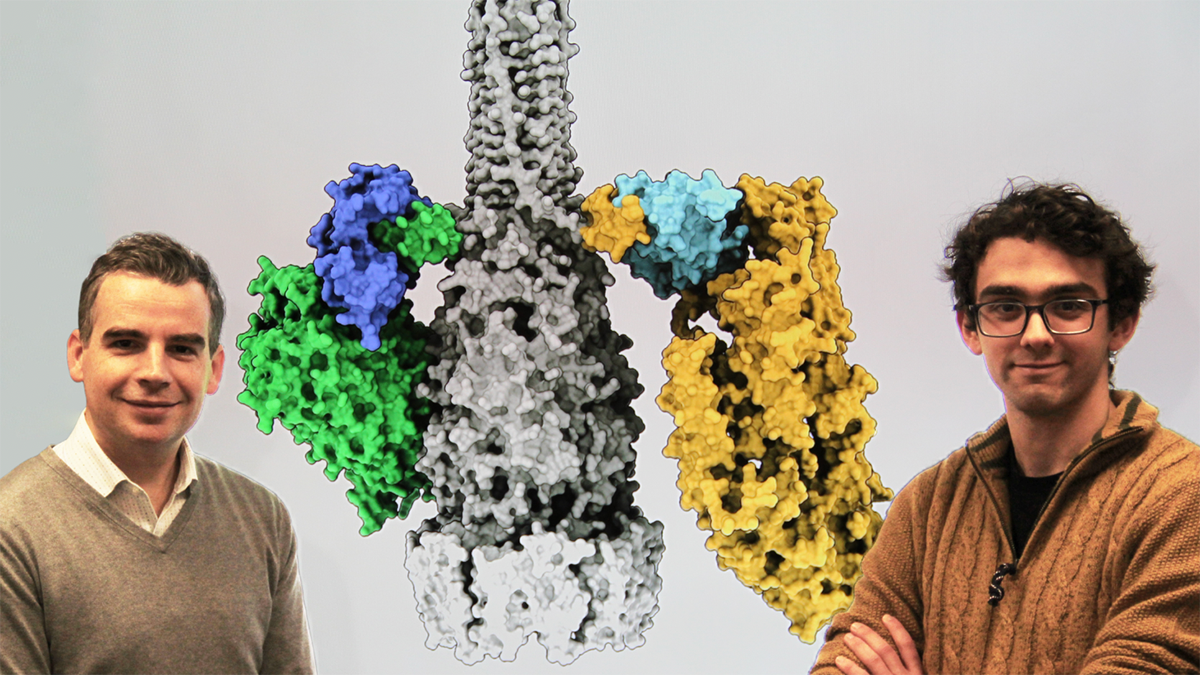McMaster researchers get federal funding to study emerging bird flu threat

Two McMaster University research teams have received catalyst grants from the Canadian Institutes of Health Research (CIHR) to study H5N1 avian influenza, otherwise known as “bird flu.”
The funding, announced recently by Minister of Health Mark Holland, is part of a $5.2 million federal investment in H5N1 preparedness.
The announcement comes following the discovery of Canada’s first domestically-acquired case of H5N1 in humans.
Yingfu Li, a professor in the Department of Biochemistry & Biomedical Sciences, is leading a team developing rapid antigen tests designed to detect H5N1. Li says the new tests will allow for easy detection of infection through simple-to-use devices, à la glucose meters or pregnancy tests.
“Developing and evaluating rapid influenza diagnostics will allow for self-testing at work or at home,” he says. “This can eliminate the need for patients to visit an external testing location, thus reducing their exposure to the community.”
Li’s team, which also includes McMaster researchers Matthew Miller, an associate professor in the Department of Biochemistry & Biomedical Sciences, and Leyla Soleymani, an associate professor in the Department of Engineering Physics, has received nearly $150,000 from CIHR to develop the new tests.
Miller, meanwhile, is leading his own CIHR-funded H5N1 study, which also received $150,000.
Miller’s group is exploring bird flu exposure and immunity in Canadian Hutterites, a high-risk population whose prairie-based communities overlap with one of the largest migratory flyways in North America.
In collaboration with McMaster professor Mark Loeb and colleagues at the Sunnybrook Research Institute in Toronto, Miller’s group will examine samples collected from Hutterite communities to determine if these regions have already been exposed to H5N1.
“H5N1 transmission has been widespread on cattle and poultry farms in recent months, and because Hutterites subsist largely on farming, they are disproportionately vulnerable to potential exposure,” explains Miller, executive director at McMaster’s Global Nexus. “This research will generate critical data that will inform risk assessments for communities across Canada.”
The research team will also investigate the underlying immune responses to H5N1 in individuals from across the age spectrum in order to understand which age groups are at highest risk of infection.
Together, Miller says, this two-pronged research approach will address important knowledge gaps and inform critical intervention strategies that can help prevent further spillover to humans.
Li, Soleymani, and Loeb are all members of McMaster’s Michael G. DeGroote Institute for Infectious Disease Research, where Miller is scientific director.
Dept. Biochem, ResearchRelated News
News Listing

Department of Medicine ➚
Pain to progress: An impactful history of lupus research and care at McMaster
Collaborations & Partnerships, Education, Research
2 days ago

Brighter World ➚
McMaster research in 2024: From AI innovation to breakthroughs in health care
Research
5 days ago

